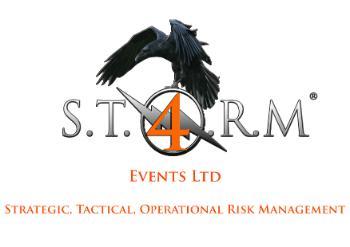Course outline
Course summary
The course provides you with understanding of prevalent attack vectors including person borne attacks, Improvised Explosive Devices attacks, Distance Weaponry and Vehicle borne attack.
Current mitigation tactics are discussed in relation to their effective and proportionate usage, including national search practices, Hostile Vehicle Mitigation, Private Sector options/limitations, Accreditation, Secure Zones and Lock Down Procedures. The scalability and cross cutting of the various mitigation for attack types is also introduced.
You will be introduced to the practicalities of completing physical reconnaissance on event venues and sites in order to identify vulnerabilities to attack and to make proportionate recommendations. This understanding is further developed as you work through attack vulnerability, recommendations and rationale, residual risk and contingency options.
Modules
Year 1
Counter-Terrorism Risk Management Theory Application and Practice
- This module provides you with an awareness of relevant industry practice and guidance at events or sites and reviews the need for effective and proportionate Counter-Terrorism Risk Management whilst linking it to appropriate Health and Safety Management and industry practice set out in the Purple Guide and Green Guides
Programme Specification
Assessment, Feedback, and Teaching and Learning methods
Timetables
Entry requirements
Entry Requirements
See course specific entry requirements listed below.
More information about levels and credits.
Selection criteria
Applicants to this course should demonstrate a minimum of two years of relevant industry experience in events management and should be employed in a job role that involves event planning and management.
Applications will also be considered from students who have studied to level 5 or 6 in a related subject area and have events experience relevant to the qualification.
All applicant experience will be assessed at interview by the Programme Lead.







